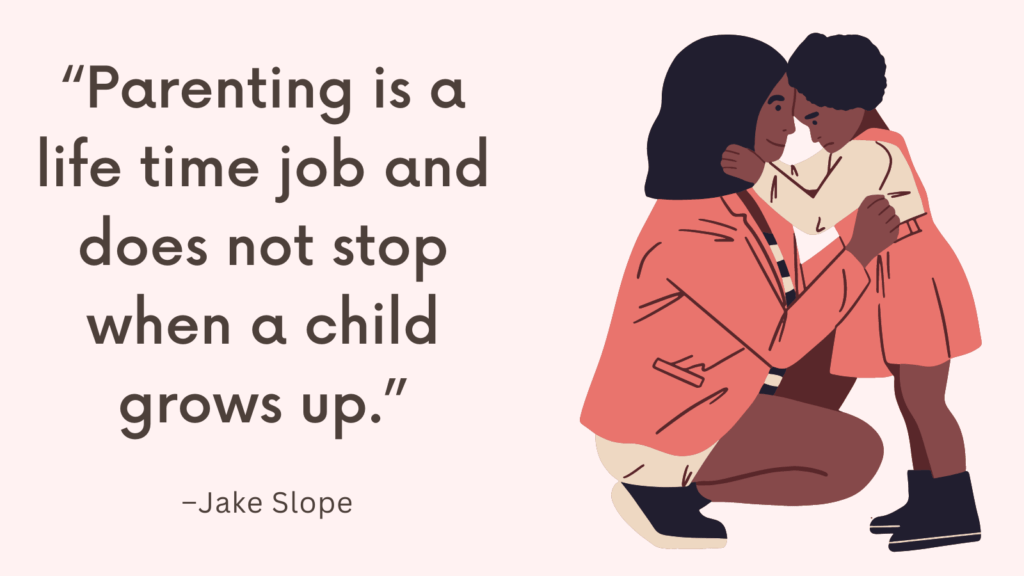This post contains “Does My Child Have A Learning Disability Quiz.”
What Are Learning Disabilities?
Learning disabilities are neurological differences that affect how a person processes and uses information.
They can influence various areas of learning, such as reading, writing, math, and comprehension.
Learning disabilities are not due to lack of intelligence or effort; they are typically lifelong conditions that can impact an individual’s academic performance and daily life.
Some common types of learning disabilities include dyslexia (difficulty with reading and language-based tasks), dyscalculia (difficulty with math concepts), and attention-deficit/hyperactivity disorder (ADHD).
In the DSM-5 (Diagnostic and Statistical Manual of Mental Disorders, 5th Edition), learning disabilities are referred to as specific learning disorders (SLD).
The DSM-5 classifies specific learning disorders into three separate categories: (source)
1. Specific learning disorder with impairment in reading (dyslexia): This category includes difficulties in accurate or fluent word recognition, reading comprehension, and/or spelling.
2. Specific learning disorder with impairment in written expression: Individuals with this category of learning disorder experience significant difficulties in written expression, including problems with grammar, punctuation, and organization of thoughts.
3. Specific learning disorder with impairment in mathematics: This category involves difficulties in understanding and using mathematical concepts, calculation abilities, and problem-solving skills.
It’s important to note that a diagnosis of specific learning disorder requires that the individual’s academic skills are significantly below expected levels for their age and are not solely due to other factors like intellectual disability, sensory deficits, lack of educational opportunity, or behavioral issues.
Related: Does My Child Need Speech Therapy Quiz
Does My Child Have A Learning Disability Quiz
Results
#1. Is your child struggling with basic learning skills such as reading, writing, or math?
#2. Does your child have difficulty following instructions or staying focused on tasks?
#3. Does your child frequently forget information or have trouble remembering concepts taught in school?
#4. Does your child have trouble with organization and time management skills?
#5. Does your child avoid or show anxiety towards schoolwork or homework assignments?
#6. Does your child frequently make spelling mistakes or have trouble with grammar?
#7. Does your child have trouble understanding and processing spoken language?
#8. Does your child struggle with coordination and fine motor skills tasks, such as tying shoelaces or handwriting?
#9. Does your child have difficulty with problem-solving or critical thinking skills?
#10. Does your child show a significant gap between their performance level and their intellectual ability?
We will not sell your information. All results are kept confidential.
This quiz is for informational purposes only. It is not meant as a diagnostic or assessment tool.
Results
The questions above represent common signs your child might have a learning disability. If you answered yes to most of these questions, then your child might have a learning disability.
Please note that these questions are not a substitute for a professional assessment.
If you suspect your child may have a learning disability, it is important to seek help from a qualified professional, such as a pediatrician or a school psychologist, who can conduct a comprehensive evaluation.
Related: Does My Child Need Occupational Therapy Quiz
How to Support Children with Learning Disabilities?
1. Recognize Signs of Learning Disabilities
Recognizing the signs of learning disabilities early on is crucial for effective intervention.
Signs may include difficulties with reading, writing, speaking, listening, organizing thoughts, following instructions, or completing tasks.
Keep a close eye on your child’s academic performance, behavior, and emotions, and consult with professionals if you suspect a learning disability.
2. Seek Professional Guidance
Consult with professionals such as educational psychologists or special education teachers to get a thorough understanding of your child’s strengths, weaknesses, and appropriate interventions.
Related: Does My Child Need Counseling Quiz
3. Utilize Assistive Technology and Tools
Explore technological tools, such as speech-to-text software or audiobooks, that can assist your child in overcoming challenges and maximizing their learning potential.
Examples of assistive tools may include time management apps, text-to-speech or speech-to-text softwares, audio players and recorders, timers, graphic organizers (e.g. to help map out their thoughts), etc.
4. Collaborate with Schools and Teachers
Working collaboratively with schools and teachers is critical for your child’s academic success.
Develop positive relationships with teachers and school staff. Attend parent-teacher conferences, participate in school activities, and establish ongoing communication channels.
By fostering strong connections, you can ensure that everyone is working together to support your child’s learning.
5. Consider IEPs and 504 Plans
Educational plans such as Individualized Education Programs (IEPs) or 504 Plans are legal documents that outline accommodations and support services for children with learning disabilities.
Familiarize yourself with these plans, actively participate in their development, and ensure that they are being implemented effectively.
Related: Best 10 Books About Learning Disabilities
6. Maintain an Open Communication
Maintain open lines of communication with your child, teachers, and educational professionals.
Regularly discuss your child’s progress, challenges, and goals.
Actively listen to their concerns and provide encouragement and support.
7. Encourage Self-advocacy
Teach your child self-advocacy skills, helping them understand their learning strengths and challenges.
Encouraging them to communicate their needs to teachers, peers, and other relevant individuals can empower them to take control of their education.
Related: Is My Child Gifted Quiz
8. Provide Emotional Support
Recognize and validate your child’s emotions regarding their learning difficulties.
Offer them a safe space to express their frustrations, and reassure them that their worth is not determined solely by academic achievements.
9. Establish Routines and Structures
Children with learning disabilities often benefit from routines and structures.
Establish consistent daily schedules, designated study areas, and clear expectations about homework and other responsibilities.
This helps them feel organized and reduces anxiety.
Related: How To Deescalate A Child? Top 12 Tips
10. Break Tasks Into Manageable Chunks
Help your child organize tasks into smaller, more achievable steps.
This approach can reduce overwhelm and increase their confidence in completing assignments or studying for exams.
11. Celebrate Achievements
Acknowledge and celebrate your child’s progress and achievements, no matter how small.
Positive reinforcement can boost their motivation and self-esteem.
12. Encourage Strengths and Interests
Focus on nurturing your child’s strengths and interests outside of academics.
Engaging in activities they enjoy can foster self-confidence and a sense of accomplishment.
13. Practice Self-Care
Caring for a child with learning disabilities can be demanding, both emotionally and physically.
Remember to prioritize your own well-being.
Engage in activities that bring you joy and relaxation.
Seek support from friends, family, or support groups who can empathize with your experiences.
Remember, these suggestions are general strategies, and it’s important to consult with professionals who can provide personalized advice tailored to your child’s unique needs.
Related: Helicopter Parenting: Pros and Cons of Over-Parenting
Conclusion
Learning disabilities can present unique challenges for children and their parents.
However, with the right support and strategies, children with learning disabilities can thrive academically and emotionally.
Remember, supporting children with learning disabilities is a journey that requires patience, understanding, and perseverance.







